The rapid expansion of the enterprise network edge increases the possibility of data attacks, as bad actors take advantage of the rise of IoT, cloud, and SaaS resources, guest Wi-Fi, and LTE and 5G. As enterprises deal with complex, disparate systems; overstretched IT teams; and outsized attack surfaces, they are choosing the end-to-end protection enabled by either a privileged access or a layered, cloud-managed network security strategy.
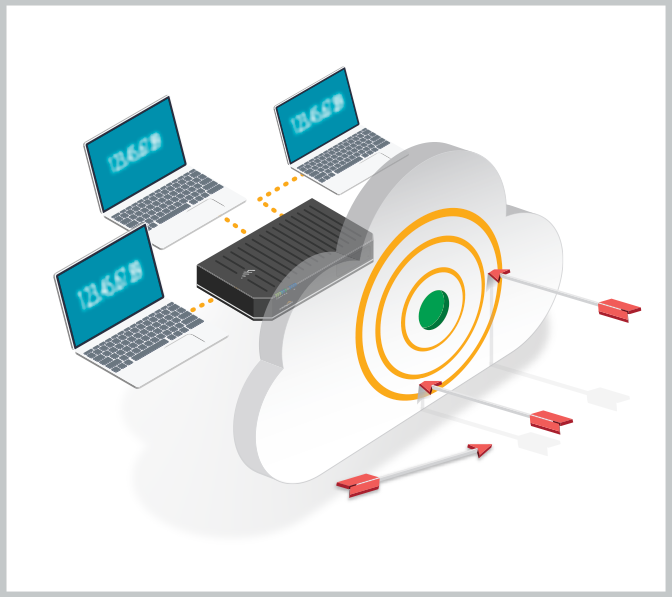
The vast number of connected devices within each organization means an equally large number of IP addresses within the WAN and an ever-expanding attack surface. Thus, enterprises face the key question of how to reduce their attack surface.
Instead of providing open access, many organizations are minimizing IP address vulnerabilities and subsequent east-west movement by leveraging tools that obscure networks and restrict access. Ericsson NetCloud Exchange uses private network addressing schemes to obscure the network from outside elements, which protects against network intrusions.
EXPLORE NETCLOUD EXCHANGEOrganizations that deal with sensitive personal information must not only prevent that information from being stolen but also stop unauthorized access to applications, data, and services — often within strict compliance regulations. Zero Trust Network Access (ZTNA) is a concept that removes default access by requiring automatic ongoing verification and utilizing an adaptive verification policy on a per-session basis. A zero trust strategy through a ZTNA solution uses identity principles and continuous monitoring to limit access to trusted users and devices as needed to protect information.
EXPLORE ZTNA SOLUTION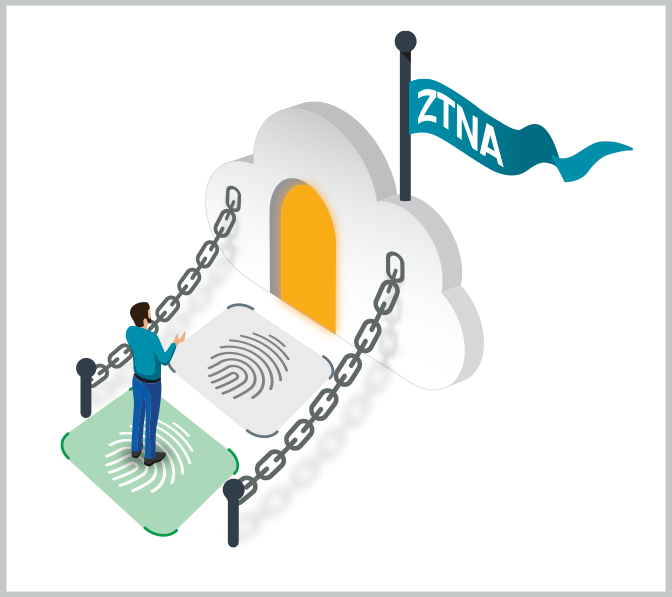
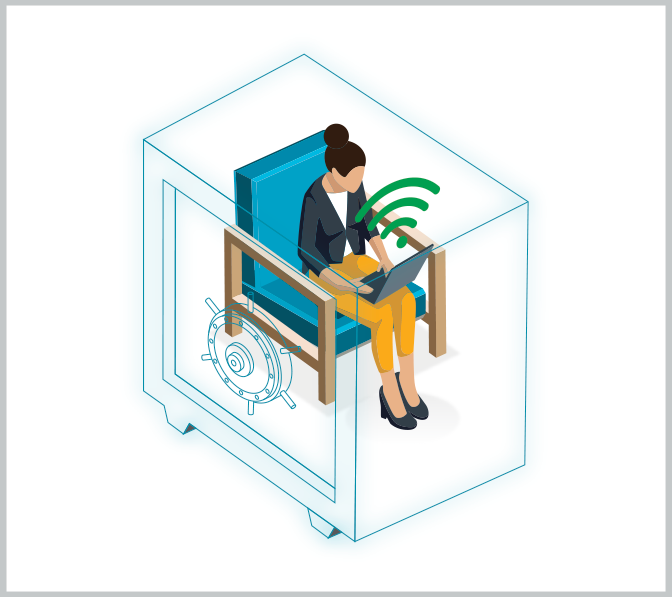
Customers expect Wi-Fi and employees depend on it, which means IT departments must provide wireless LAN without allowing unwanted online activity that could compromise network security. The differences between a next-gen firewall vs. traditional firewall are significant, as the former uses much more thorough security features that go beyond the IP address. Deploying cloud-managed routers with a built-in application-aware firewall can help organizations safely provide guest and employee Wi-Fi. Most wireless edge solutions support content filtering services, application-based analytics, and URL reputation filtering through one platform.
Read E-bookIt can take days, weeks, or more for network administrators and IT teams to notice and respond to a network breach. Intrusion prevention and detection systems (IDS and IPS) expedite detection of threats and attacks and minimize long periods of unresolved network breaches. Ericsson’s cloud-managed edge routers support IDS and IPS, and they include an application-aware firewall and comprehensive security dashboards with alerting and log data to help keep administrators informed of attacks.
Read Blog
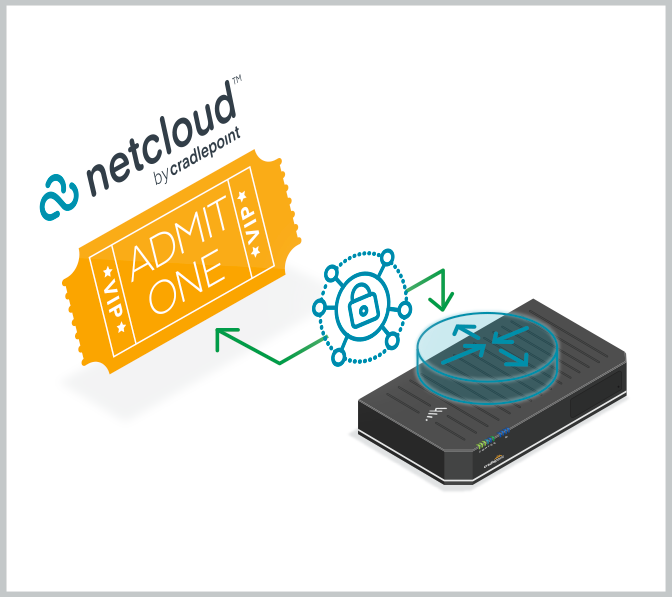
Businesses and agencies need the ability to securely send encrypted data outside a corporate LAN, via a private WAN. There are various ways to configure and manage a private WAN, each with its own complexities. Ericsson’s NetCloud and cellular broadband routers make some of these options easier.
With organizations’ resources in cloud and SaaS environments more at risk than ever, IT teams are embracing strategies that place all users under scrutiny. ZTNA and Secure Access Service Edge (SASE) vet users and optimize data flow by inspecting traffic and applying policies based on one set of criteria. SASE — combining SD-WAN and network security capabilities into a single service model — includes Cloud Access Security Broker (CASB), Secure Web Gateway (SWG), and Firewall as a Service (FWaaS). ZTNA ensures trusted users and traffic connect to cloud-based and SaaS resources with the same restrictions as within organizational zones.
SEE ZSCALER PARTNERSHIP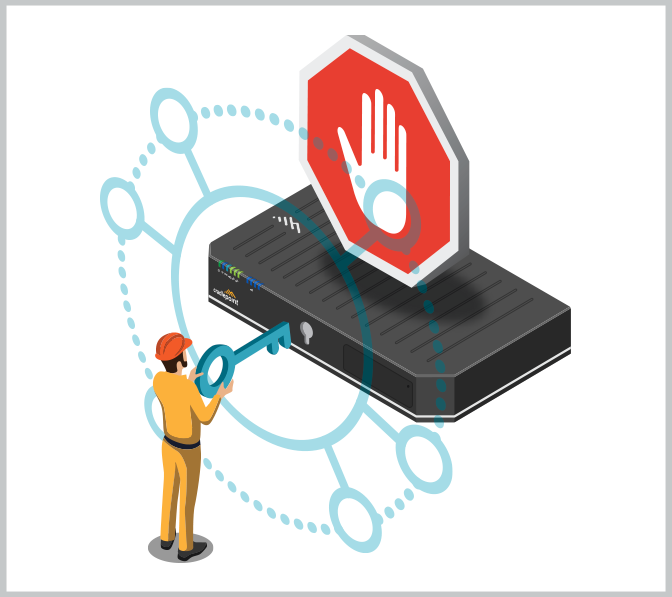
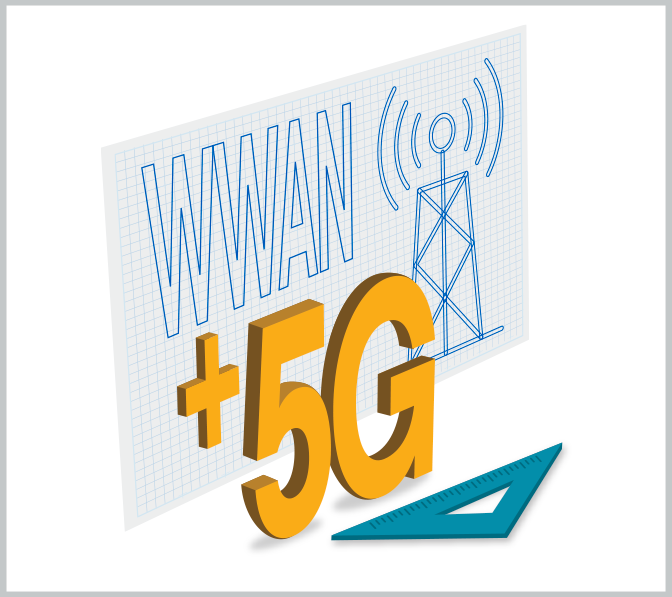
As organizations continue assessing how 5G fits into their enterprise networking plans, they’re also asking key questions about how they can integrate Wireless WAN use cases without sacrificing security. The cellular transition from 4G to 5G has provided several extra layers of data protection:
Most IT teams are now responsible for a more widely distributed network than ever, which means they need the ability to identify and respond to security problems immediately — without necessarily being on-site. The best cloud-based management platforms provide these two features:

As the latest cellular technology, 5G provides new levels of security led by collaboration between the 3GPP, ETSI, and IETF standards. The 3GPP, known as SA3, has implemented five categories of standards for network operators to follow:
New authentication framework
Enhanced subscriber privacy
Improved core network agility and security
Expanded roaming security
Advanced integrity protection of the user plane
Also, most data security challenges have been facing wired and wireless networks alike for many years, resulting in several important security technologies and strategies for enterprise networking. These include networking slicing, Zero Trust Network Access (ZTNA), Secure Access Service Edge (SASE), agile VPNs, and next-generation firewalls.
VPN and Dynamic Multipoint VPN require extensive, tedious planning along with IP Address Management (IPAM) systems. This traditional model makes human error during setup likely and also makes upkeep and troubleshooting complex and laborious.
A zero-trust network makes manual configuration of security protocols for every router on a network unnecessary. Related solutions provide simple, cloud-orchestrated point-and-click processes that save time and money while reducing attack surface.
WAN edge security refers to the implementation of security features such as next generation firewall, IDS/IPS, content and web reputation filtering and zero trust network access on routers, SD-WAN devices, and SASE solutions deployed in branches, vehicles, or IoT gateways. Traditionally, security has been centralized to one or more data centers. Businesses would route branch office and other WAN edge traffic through that data center, where it would be inspected by a firewall before accessing the Internet. Now, due to the prevalence of cloud-based applications and the desire to access those applications directly from the branch, having security features at fixed sites themselves, with centralized orchestration, provides better protection for those branches, vehicles, and IoT devices.